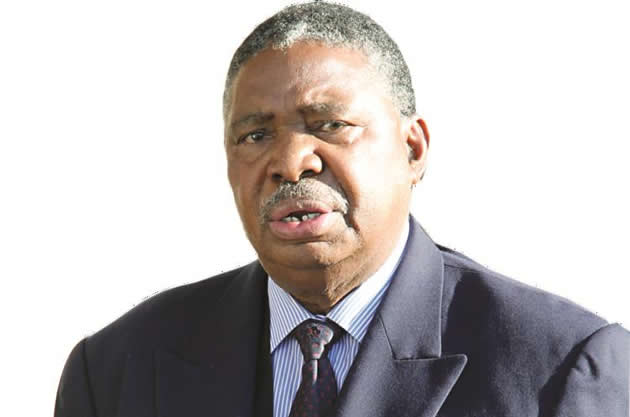VP Mphoko, UK ambassador meet

Harare Bureau
Vice President Phelekezela Mphoko says it is entirely up to the British government to play its part if relations between Harare and London are to be normalised.
Speaking to journalists after meeting British ambassador to Zimbabwe Catriona Laing at his Munhumutapa Offices yesterday, VP Mphoko said it was Britain that had issues with Zimbabwe.
He said ambassadors held routine meetings with the leadership of the country.
“Yes, I met her — you know in diplomacy all ambassadors pay courtesy calls on the leadership of the country,” he said.
“This is a normal courtesy call by an ambassador to some of the leadership in the country. They talk to the ministers and strategic people in the country and I happen to be one of them.”
Commenting on the relations between Harare and London, VP Mphoko said: “The ball is in the British court and not in our court. They are the ones who have an initiative and I think that is the most important thing.”
Ambassador Laing said relations between the two countries were on the mend.
She said the UK was willing to assist Zimbabwe in various areas including the area of wildlife conservation.
“This is my first meeting with Vice President Mphoko,” she said.
“Relations between our countries are improving. We are on a journey – a positive journey. The UK is willing to help Zimbabwe in the area of wildlife conservation.”
Ambassador Laing said Britain was Zimbabwe’s biggest donor and was offering assistance in areas such as education and agriculture.
Relations between Harare and London soured at the turn of the millennium after Zimbabwe embarked on the land reform programme to address colonial land ownership imbalances.
Britain retaliated by internationalising its bilateral tiff and influenced other Western countries to impose illegal sanctions on Zimbabwe.
Although the West claimed that the illegal sanctions were targeted on President Mugabe, they have crippled the economy.
The country is failing to access lines of credit which is in turn affecting service delivery.
Critical funds destined for Zimbabwe are being intercepted by the US Treasury Department’s Office for Foreign Assets Control (OFAC), resulting in serious liquidity challenges in the country.








Comments